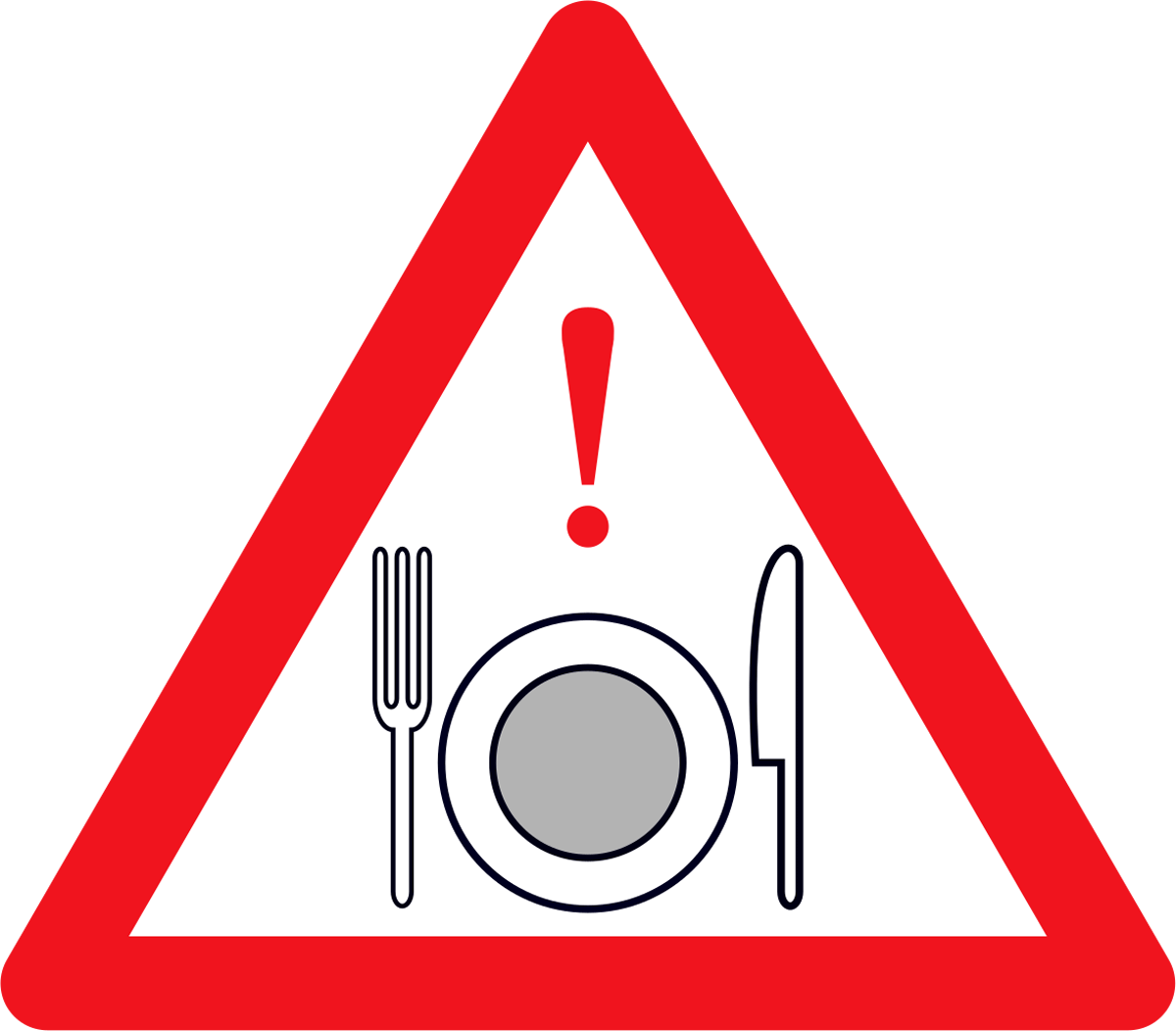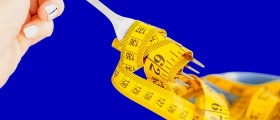
The greatest majority of patients who develop some eating disorder are females, except when binge-eating disorder is in question. Besides, in the greatest majority of the cases, even though the main cause is officially impossible to determine, eating disorder in question is triggered by some factor psychological in nature, which is closely related to low self-esteem and self-worth. Emotional problems can also contribute to the development of some eating disorder, and some of the most commonly identified are troubled relationships, conflicts with some member of the family or even perfectionism. Some theories indicate that genetics can also make some people more prone to this kind of problem.
The most common eating disorders and the symptoms that characterize them
Three eating disorders are classified as the main types, and they are bulimia, anorexia nervosa and binge-eating disorder.
The main characteristic of people who suffer from bulimia is that they have the tendency to take in abnormal amounts of food during a very short time, and afterwards, they either throw it up or try to get rid of it in some other way. This might include the use of laxatives, or excessive exercising. Gradually, this condition will provoke abnormal functioning of the bowel, dehydration, irregularities regarding the menstrual cycle, irregular heart beating and damage of the teeth and gums. Those who suffer from anorexia nervosa are so obsessed with the idea of being thin that they are ready to deny hunger and refuse to eat to such an extent that they will be at the verge of starvation. The main characteristics will be dizziness, pain in the abdomen, dehydration, constipation and low blood pressure. Besides, they often withdraw from their friends and families, and they lack of emotions. Of course, thin appearance is their noticeable characteristic. Those who have binge-eating disorder eat too much on regular basis. They even eat when they are not hungry, or they cannot stop eating even after they are full, which inevitably causes discomfort or even pain. They themselves are often disgusted over the amount of the food that they have eaten.- www.nhs.uk/conditions/eating-disorders/
- www.nhs.uk/conditions/binge-eating/
- Photo courtesy of Fry1989 by Wikimedia Commons: commons.wikimedia.org/wiki/File:MHWS_-_Eating_Disorder.svg

















Your thoughts on this
Loading...